THE AGRO CABLE // FOOD HIGHWAYS
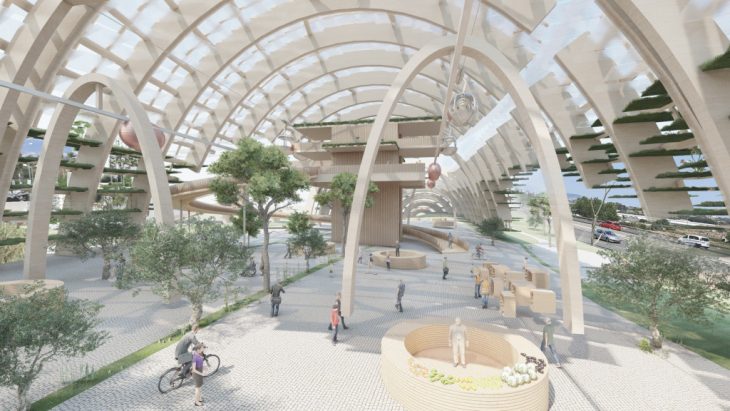
MANIFESTO //
The Agro-Cable is a project about the connection between the farms and the citizens of Barcelona. The presence of massive infrastructure suggests an intervention with the goal of providing new types of mobility and views of the park. The project wants to create an alternative and sustainable solution of transport with a new electric aerial cabin lift system which drives food and passengers through renewable energy produced by PV panels and wind towers.

ANALYSIS //
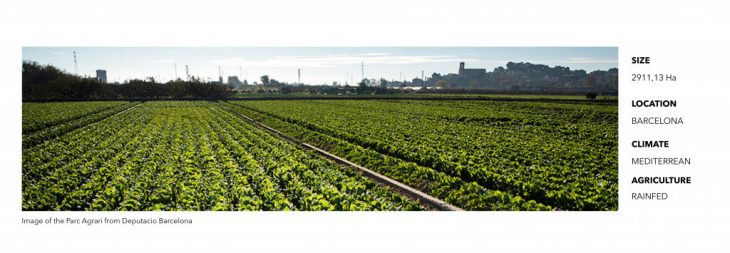
The Agro-Cable is a research which focuses on the analysis, diagnosis and hypothesis about the Parc Agrari del Baix Llobregat. The Parc Agrari del Baix Llobregat is part of the Xarxa d’Espais Naturals protegits, promoted and managed by the Diputació de Barcelona.
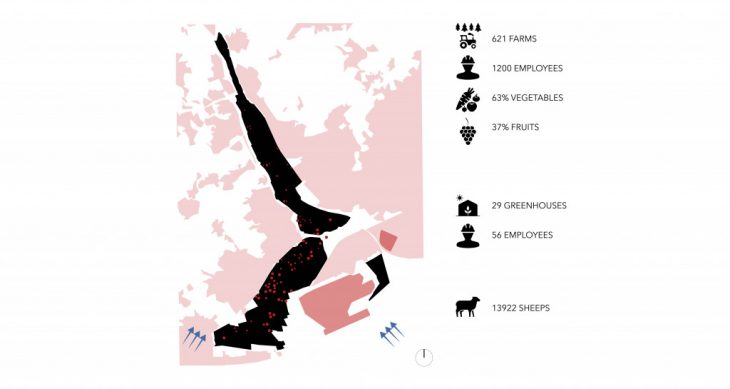
The park is surrounded by a very dense urban pattern and close to the airport and the Zona Franca of Barcelona where a big amount of the food produced is transported. Moreover, the park is close to the delta of the river Llobregat and the sea and has high speed winds coming from South-East and South West.
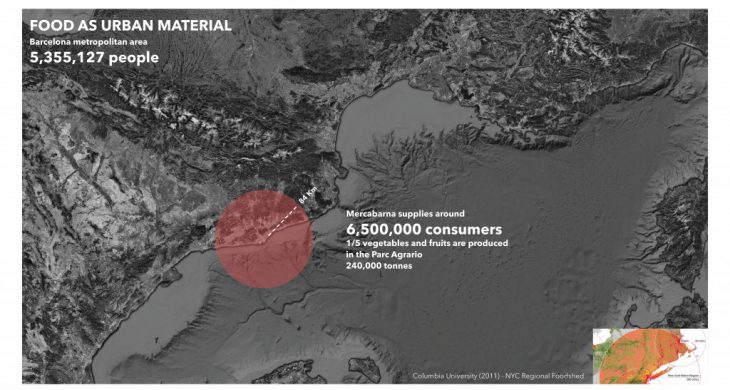
Mercabarna is the main food supplier of Barcelona. It is estimated that 20% of the fresh vegetables and fruits in Mercabarna are coming from the agro-park. Of this that 20-30% of the sales of the 1667 independent sales points in the 39 markets of Barcelona is direct sales and 70-80% is negotiated in Mercabarna. The latter is estimated that causes around 14000 fossil fuels vehicles per day transporting food from Mercabarna to the 39 markets of Barcelona. The map below shows the how the food is today transported estimating around 10-15 minutes car drive.
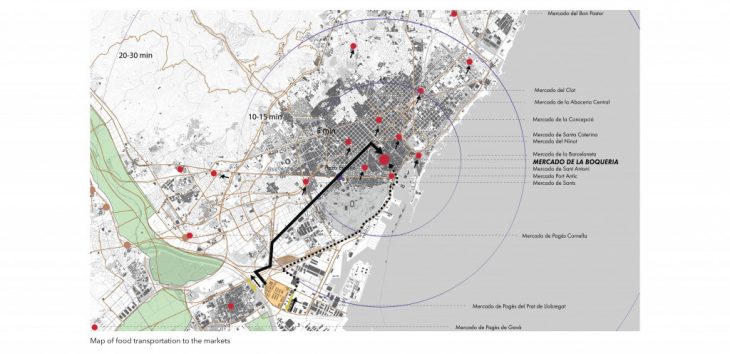
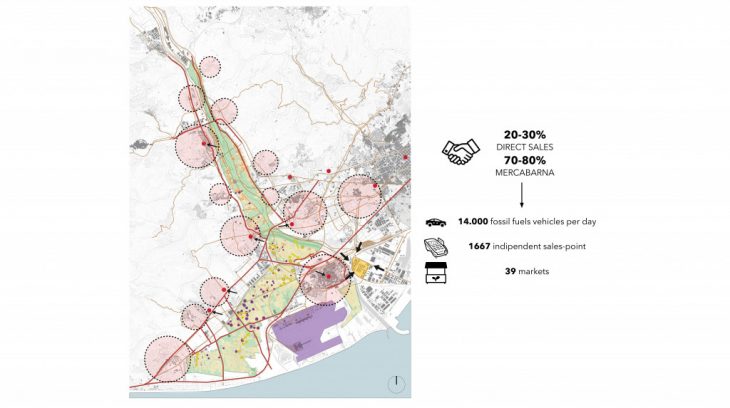
One important element to consider in the analysis of the Munich project is the tram connection between the neighborhood of Freiham and the Viktualien Market in the city center. This tram line foresees the transport of fresh food and different stations with fresh food markets. This allows more consciousness of the citizens about food production and harvesting. Moreover, it foresees a more sustainable way of food transportation.
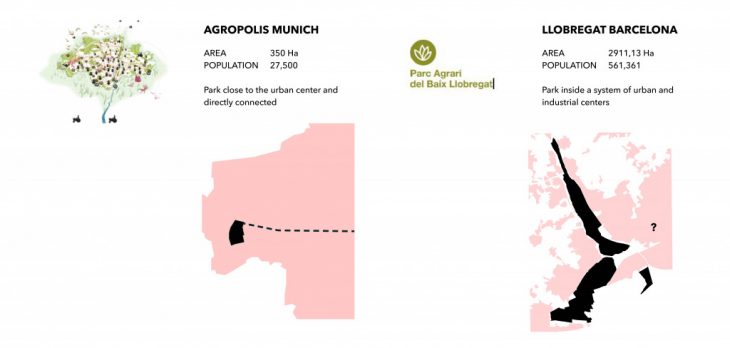
Starting from the comparison between the Agropolis Project and the agro-ark Baix Llobregat, it is evident that the agro-park is a space that citizens always pass by but that never see and appreciate. In these maps it is possible to visualize the big impact of the infrastructures in the surroundings of the agro-park. Highways and railways are creating boundaries and sometimes also divide the park, creating obstacles for slow internal mobility and bio-corridors.

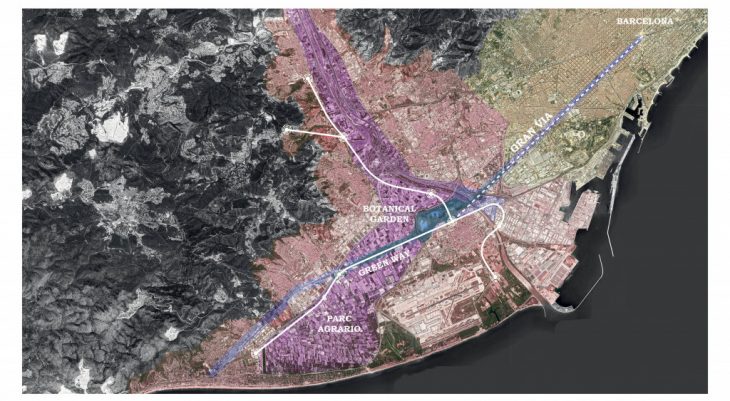
ECOLOGICAL INTERACTION //
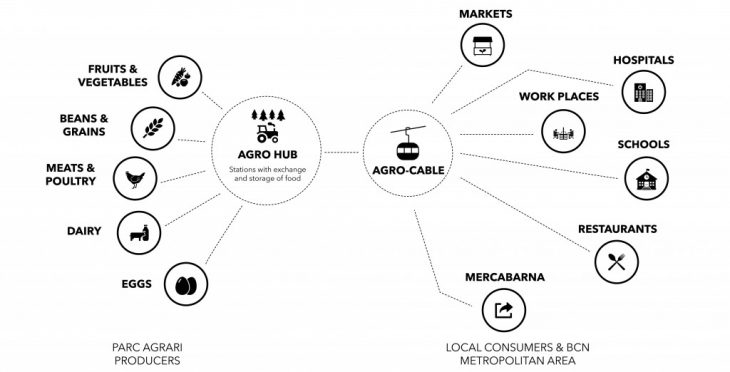
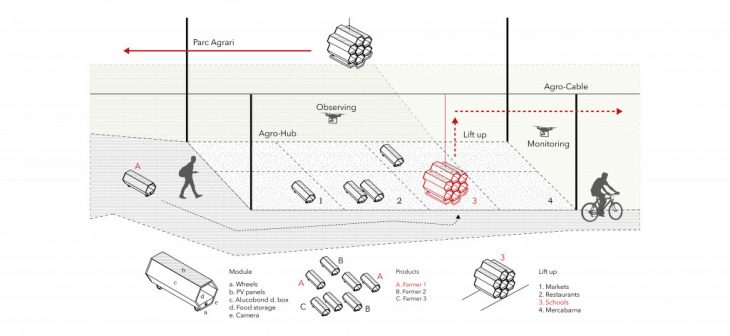
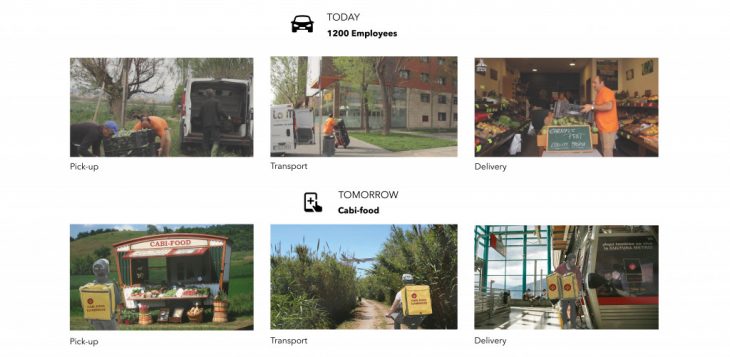
EDIBLE TERRITORIES //
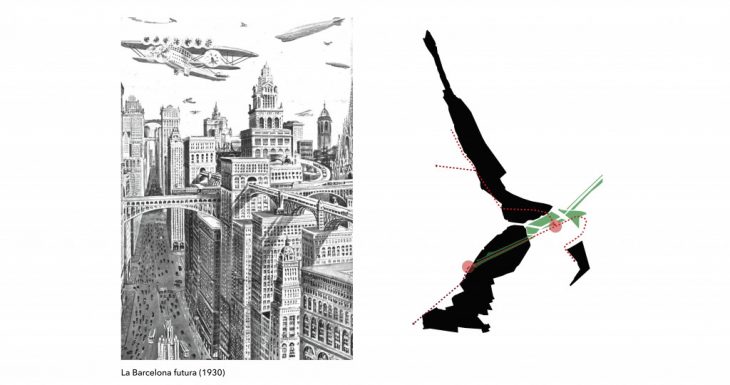
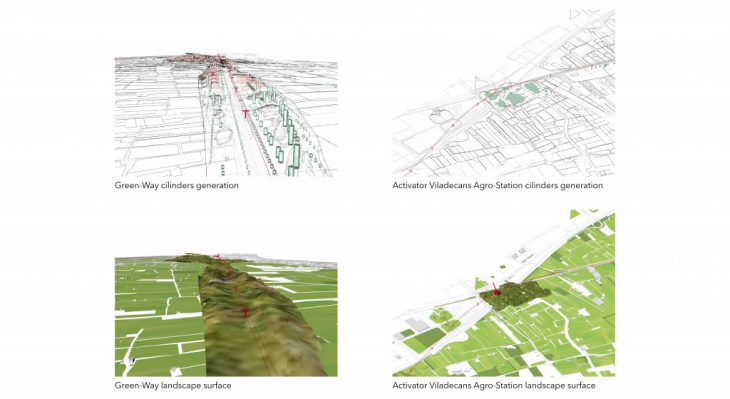
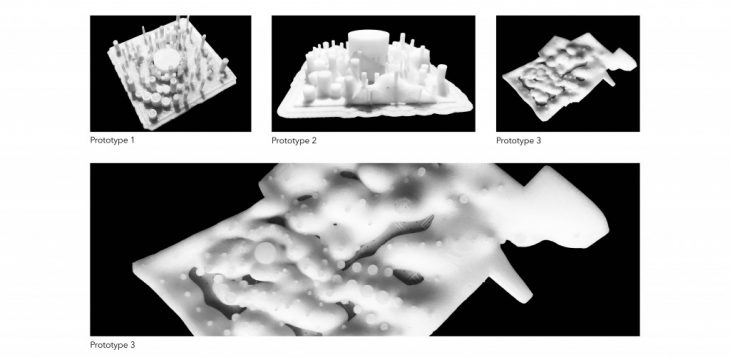
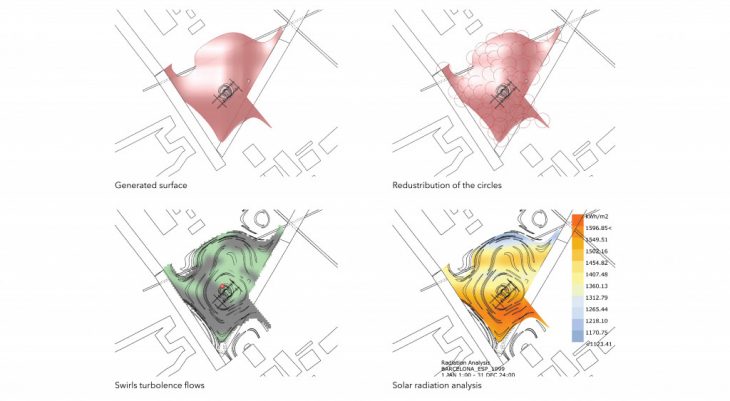
FINAL PROJECT //
The new electric aerial cabin lift system takes inspiration especially by the Aerial tramway of Caracas and the Metrocable Project of Medellin which showed successful results as a mean of public transport.
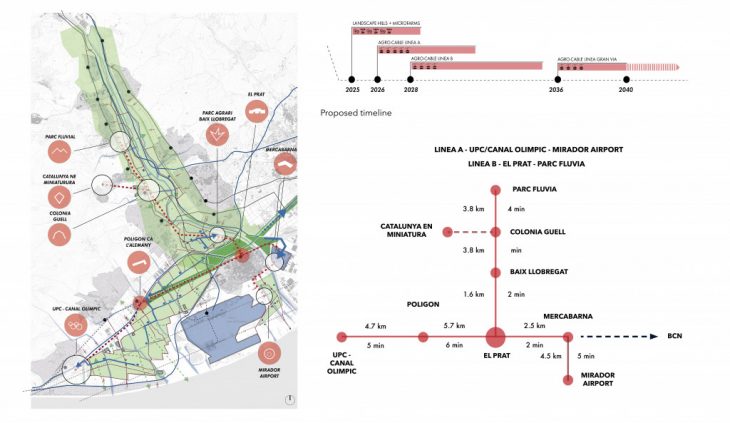
The proposal foresees two different levels for passengers and food. When the food cabin is ready to go, it is connected to the passenger cabin. The proposal is composed by two lines, one dedicated more to food logistic and one to touristic mobility inside the park.
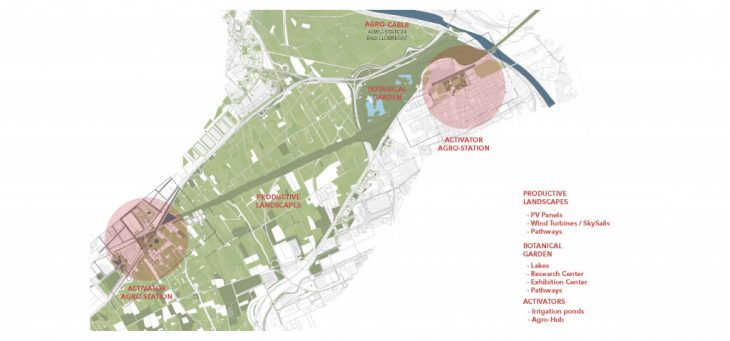
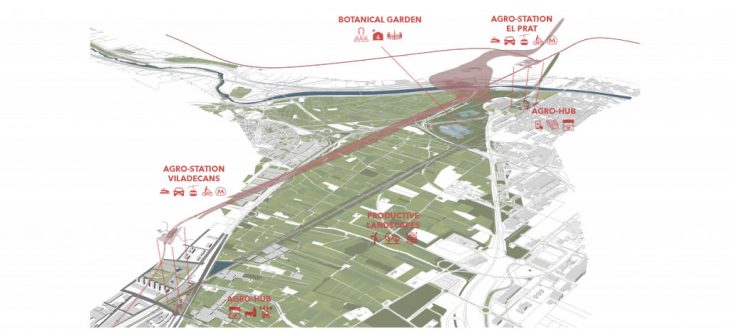
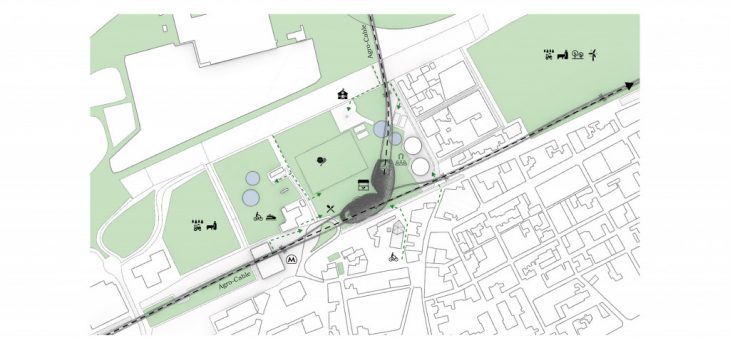
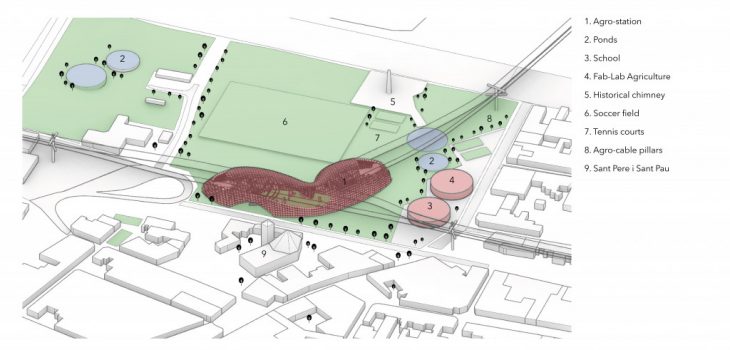
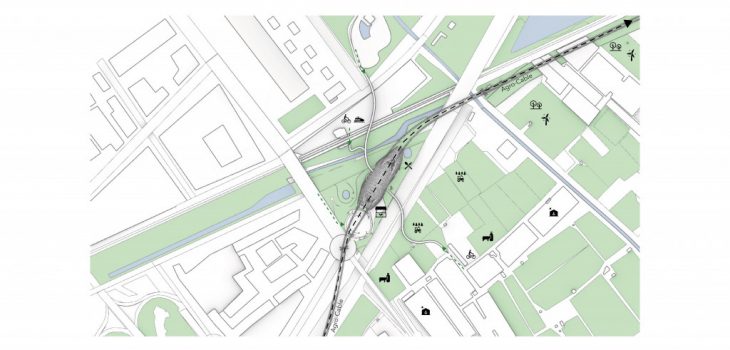
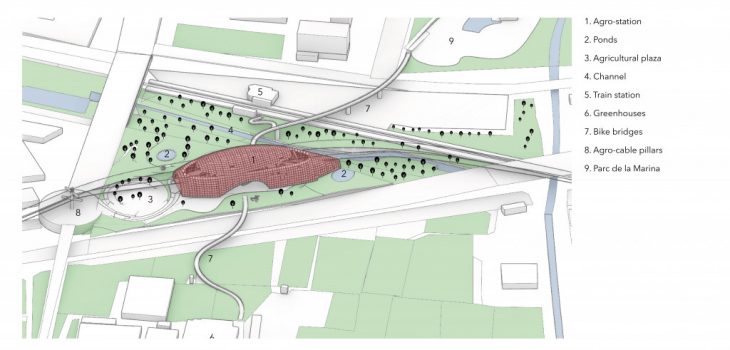
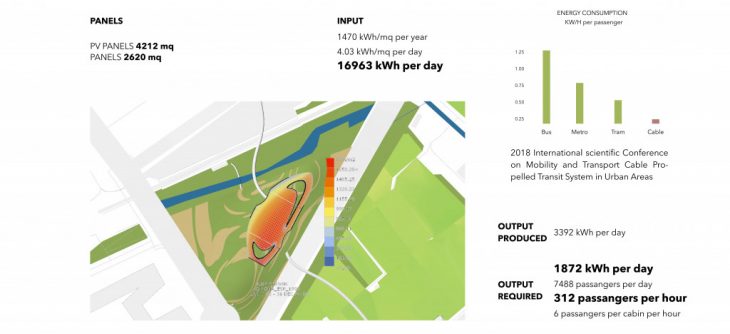
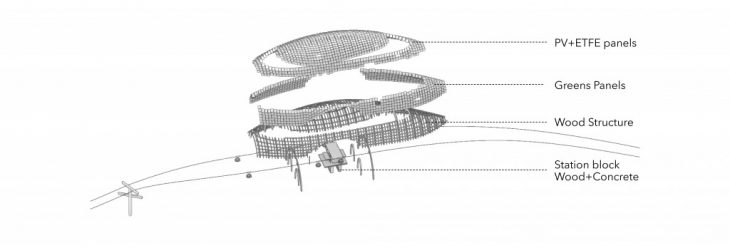
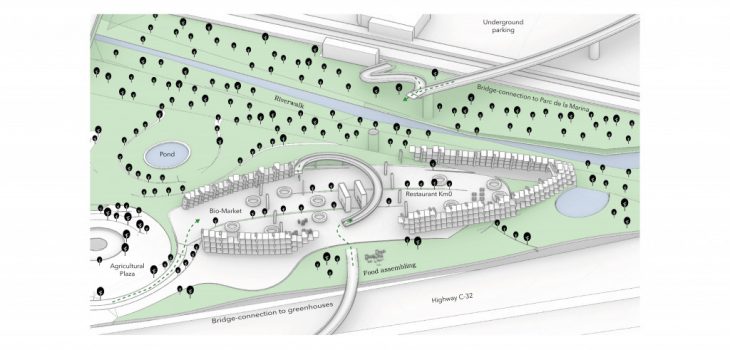
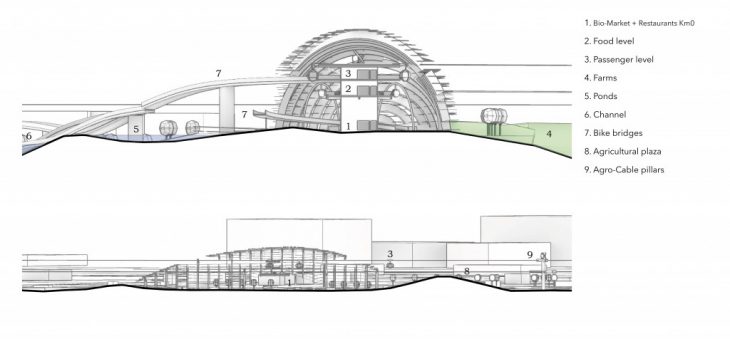
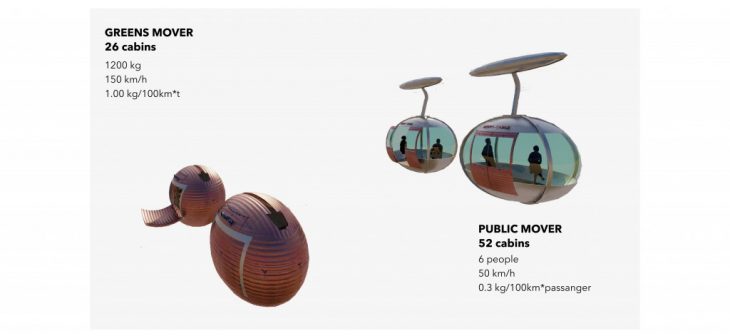
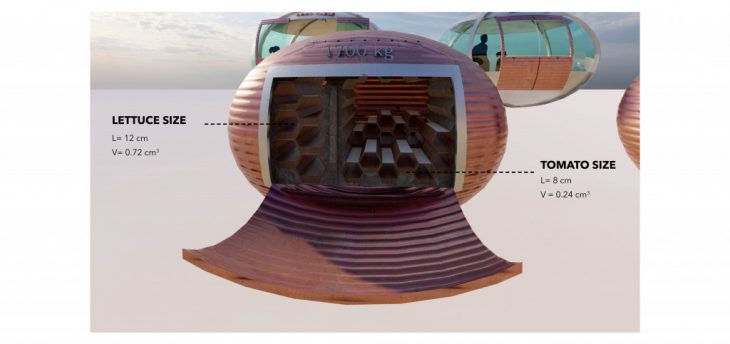
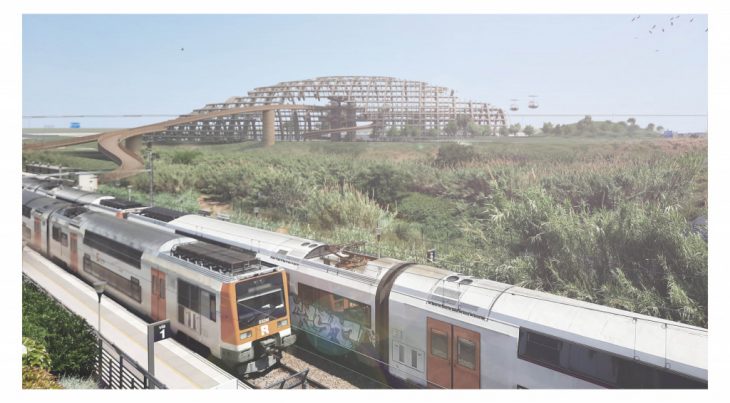
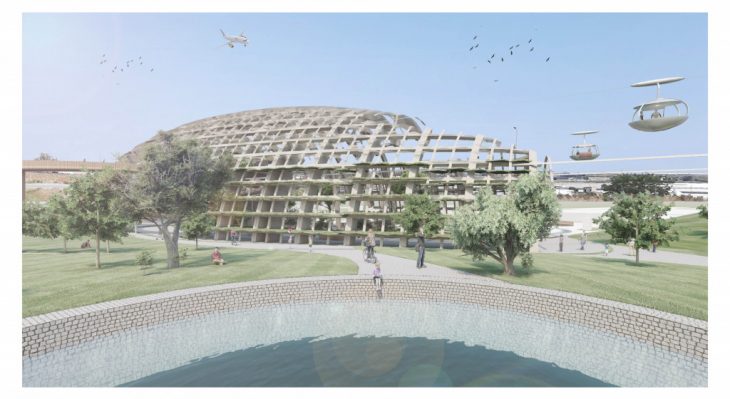
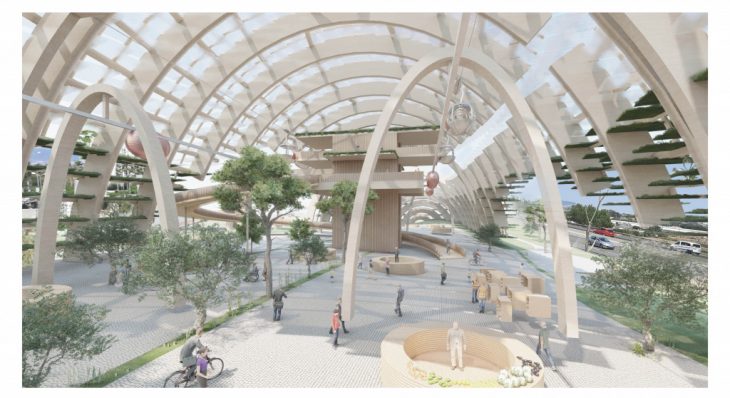
PHYSICAL MODEL //
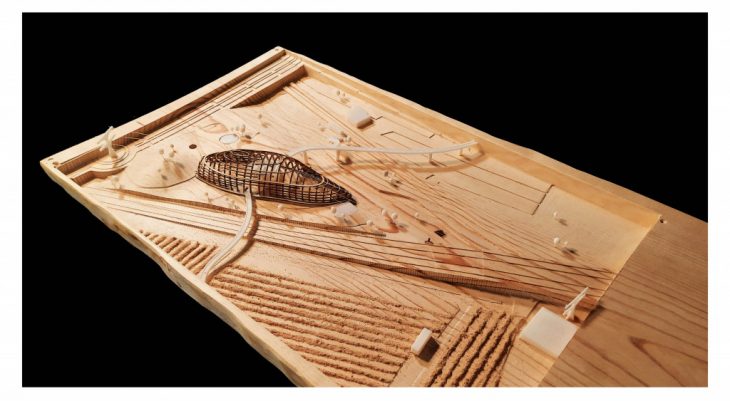
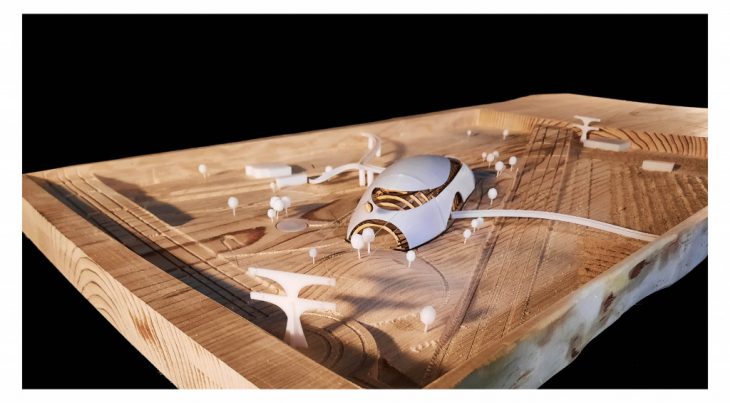
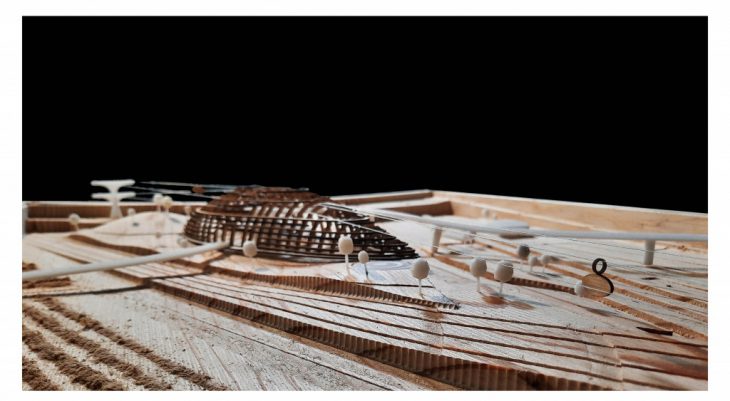
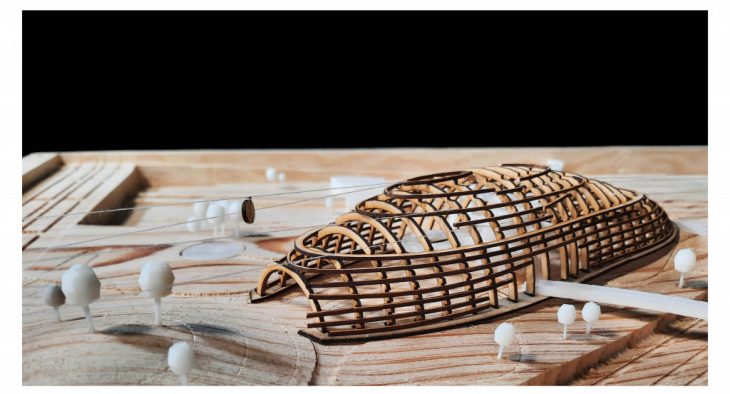
CREDITS //
The Agro-Cable // Food Highways is a project of IAAC, Institute for Advanced Architecture of Catalonia developed in the Master of Advanced Architecture 2020/21 by Student: Tullio Polisi and Faculty: Willy Müller & Manuel Gausa and Faculty Assistant: Camila Álvarez
